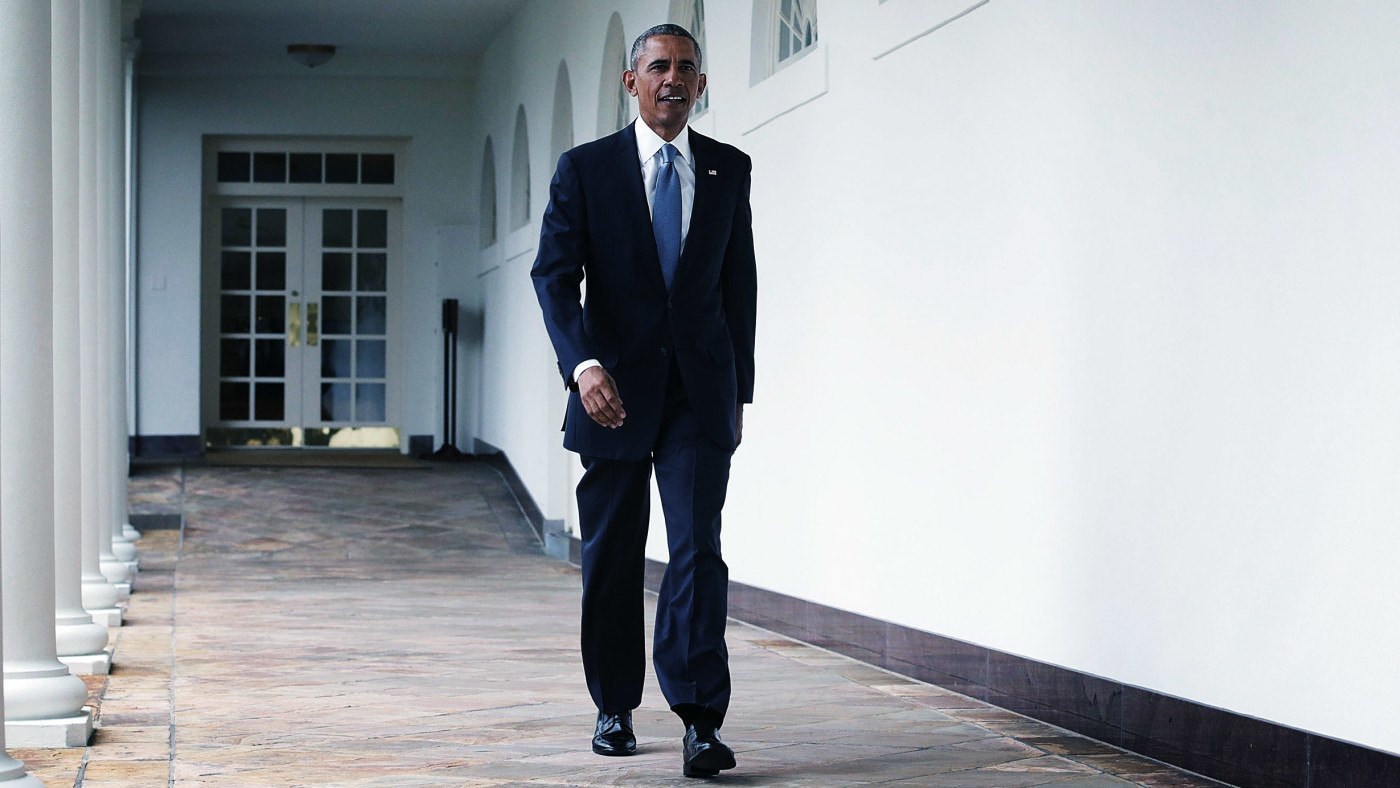The EU debate has been dominated by the notion of returning sovereignty to Westminster. Why, the Brexiters ask, should we allow unaccountable Brussels bureaucrats to have any role in creating our laws. President Obama was showered with accusations of hypocrisy from Brexiters who spat blood at the suggestion we would be put to the back of the line for a US trade deal if we voted to leave. How could America be so hypocritical, strong arming Britain to concede sovereignty to Brussels while America does not surrender itself to similar foreign regulation?
While this is a nice line to take for Brexiters, it is not strictly true.
The idea that America does not surrender sovereignty belies a complete misunderstanding of how the laws, rules and standards of the modern globalised world are actually created.
A great deal of rulemaking is no longer completed within the boundaries of the state at all. States delegate much of their day to day regulation to the myriad of international institutions, organisations and professional bodies of which they are a part. America is a member of bodies from NATO to the World Trade Organisation to the International Accounting Standards Board that make such rules.
There are good reasons why states allow laws to be made in this supranational fashion. For one, efficient free trade requires it. Take my last rather obscure example. You may never have heard of the International Accounting Standards Board but it is actually quite important. It sets the international standards for financial reporting. Therefore, its decisions impact every global firm that wants to trade services internationally.
Countries have varying domestic standards for financial reporting. If you want to import services from abroad, you have to make sure those firms will meet your own country’s legal standards. It saves firms a great deal of time and money to know other firms trading internationally are working from the same rule book.
But the IASB is not an organ of any state. It is a private organisation, funded by the companies who utilise its standards.
While powerful states such as America can pressure such bodies to get standards that are a closer match to their domestic legislation, America does not hold sovereignty over it. Congress, for example, cannot legally overrule it.
So, Brexiters might say, this doesn’t matter. These institutions don’t have the power to prevent members leaving, and America can just refuse to follow what it says. It could, for example, set up its own accounting regulatory body and go its own way if it doesn’t like what the IASB is doing. America therefore remains sovereign and remains a hypocrite.
Well that is all very true. But this also begs the question, how are we any different in regards to the EU? We can ultimately say no to anything the EU says already, whatever the legal or economic recourse the EU might take in response. We have the ability to say “non”.
Indeed, for many more moderate Brexiters the crux of their argument is not one really about getting rulemaking powers back from international bodies, but making a choice to leave one bad institution.
The argument being that the standards and rules the EU sets are just not in the British national interest. In this regard, an exit is really the power to choose to accept or reject EU standards more easily, and this is in a sense, a limited return of sovereignty.
While I wave my Remain flag to enthusiastically disagree with this view, it is not an unreasonable view to hold. Indeed, states do, on occasion, leave international institutions that are inefficient or no longer have a purpose.
However, this is not the line of argument pursued by many Brexiters. They talk about getting back the ability to make our own laws as if leaving the EU will take us to a golden era of British power over its destiny; that somehow, non-British people simple cannot be trusted to make any laws for us, and we need to take back control to be both economically and physically secure. It is too late. We have already ceded many of these powers abroad, and not primarily to the EU. Leaving the EU will not return them.
International interactions in the modern world require rules, and it is incredibly costly and inefficient to try enforcing your own. North Korea and Venezuela aren’t looking too perky these days for running against this trend.
At best, if we leave the EU, we will be more able to refuse to adopt certain individual EU standards, as Norway does. But if we want to trade with Europe with any sort of ease, we will have to adopt many EU determined standards anyway.
All we will do by leaving is to make it harder for us to lobby for the standards that meet our national interests most closely. Even America, the most powerful state in the world, does not rule sovereign over the organisations that produce great swathes of the legal and economic standards its government adopts.
Outside of the EU, we will go from being rule makers to rule takers. We will be forced by economic necessity to accept standards that are set without British involvement.
The claim of nationalist Brexiters that leaving one rulemaking body will return British sovereignty is laughable.
And however we vote we will still end up following the majority of the EU’s rules.


